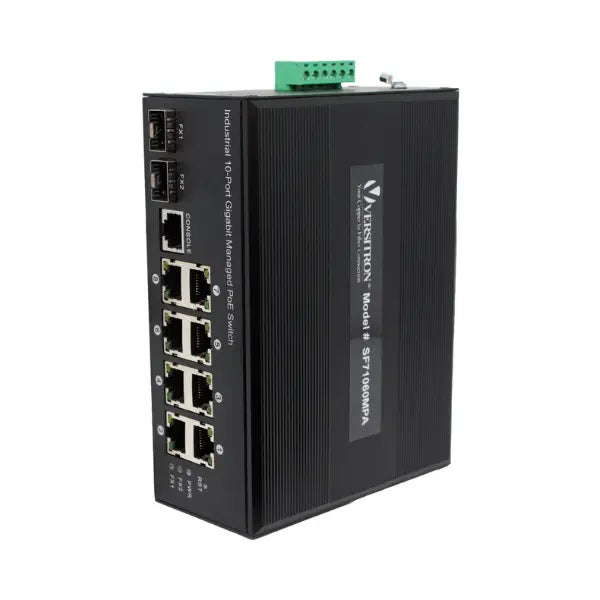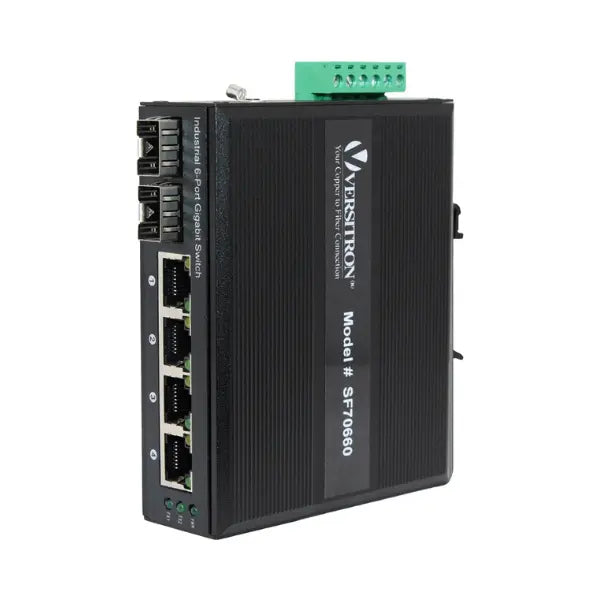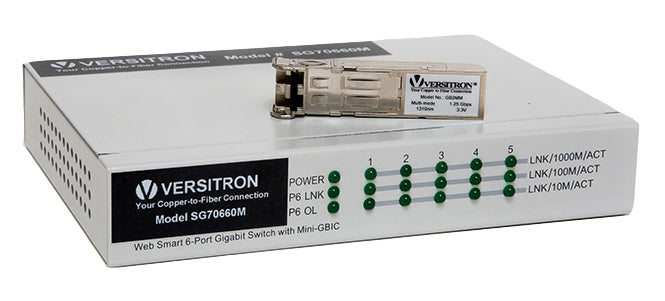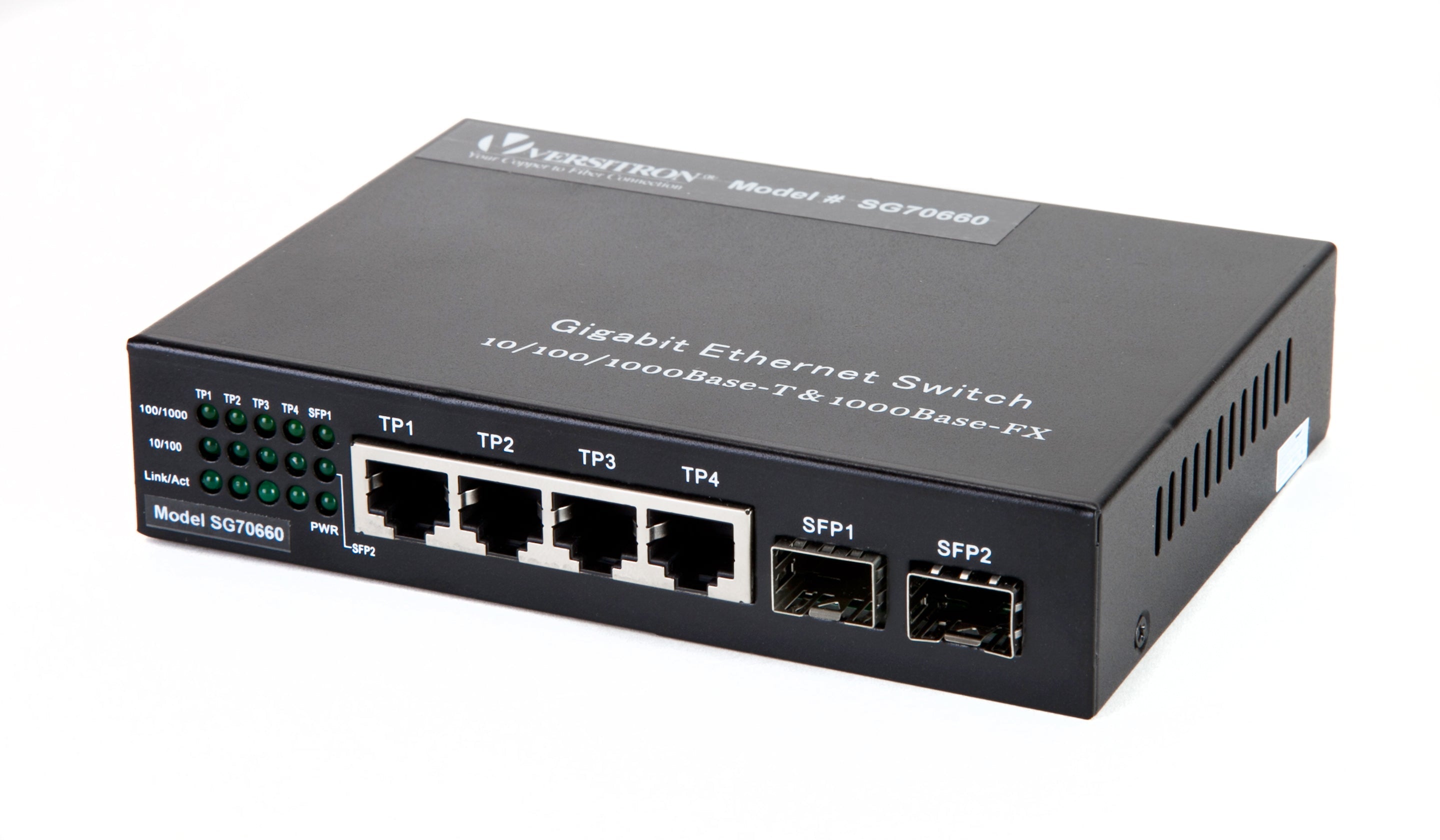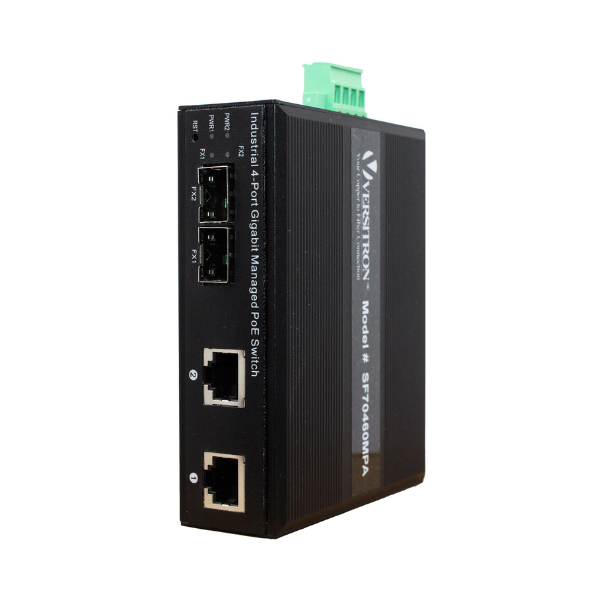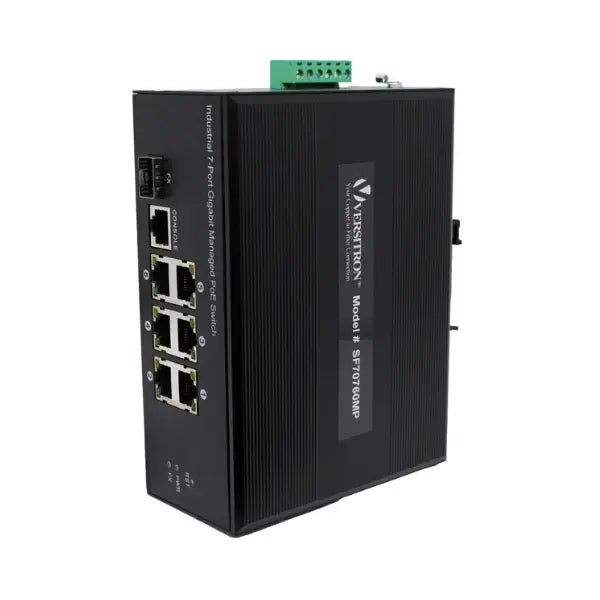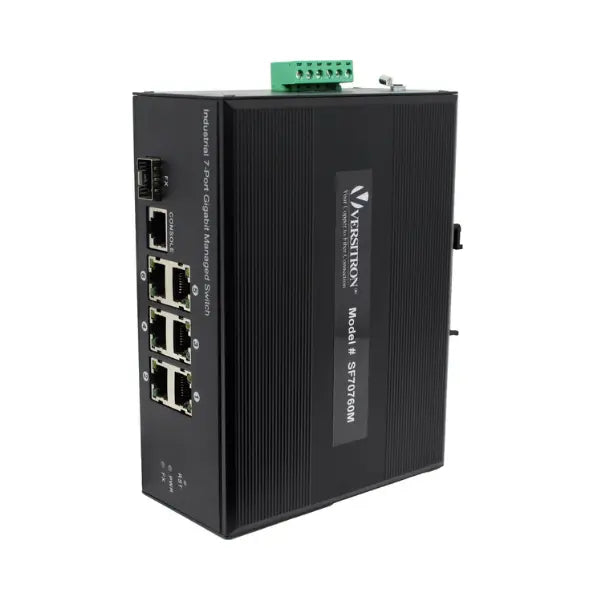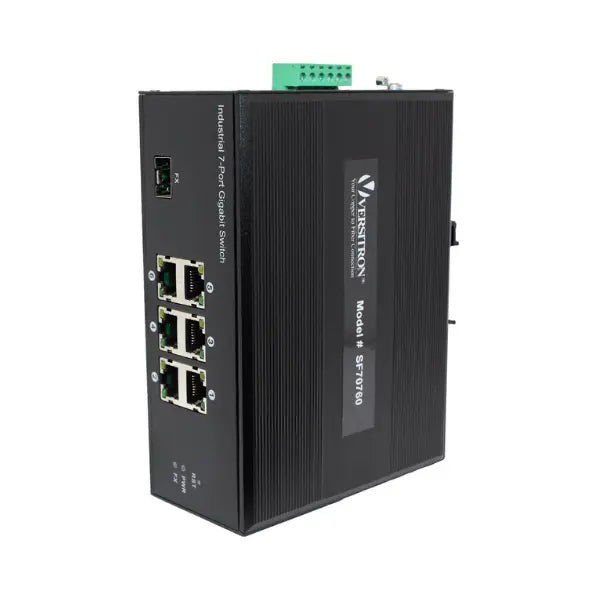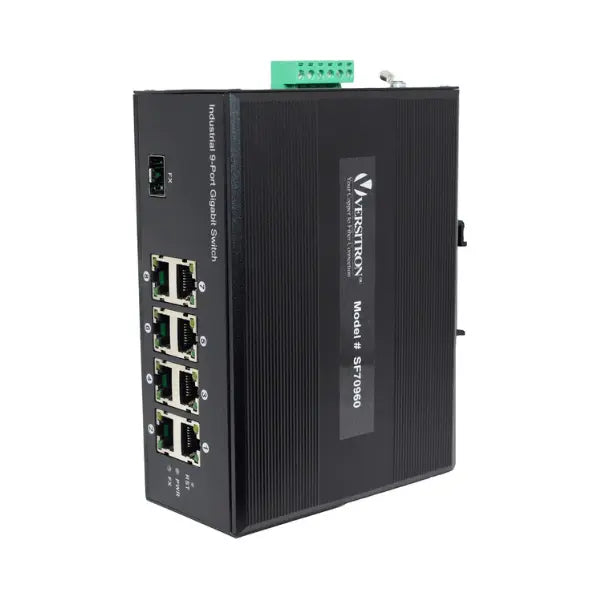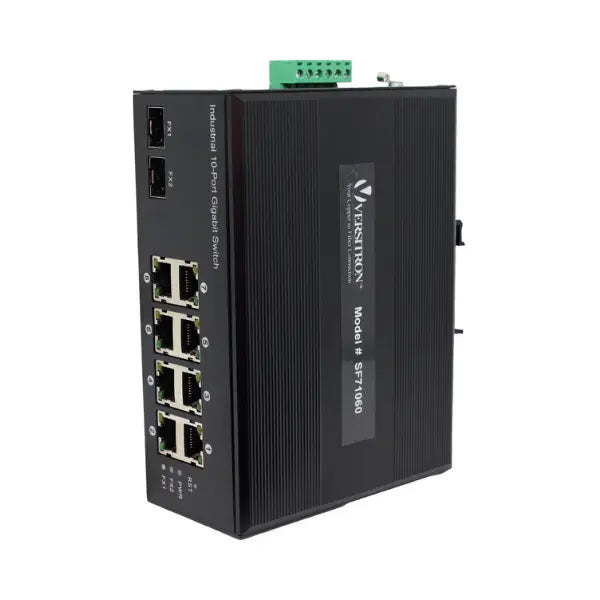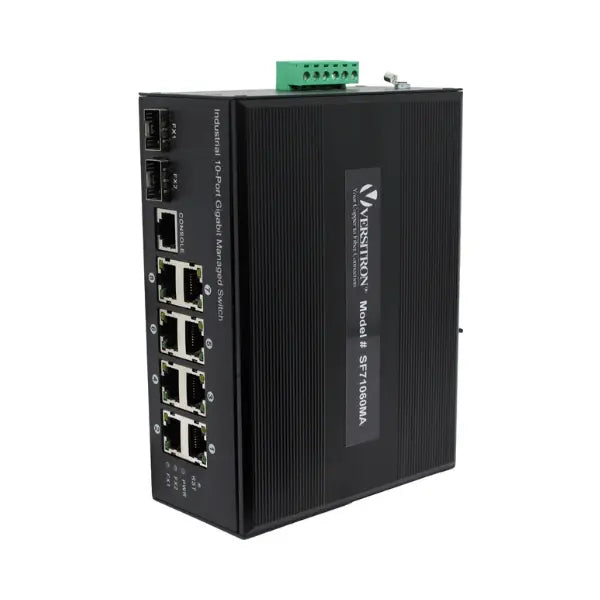Wired networks have been around for a longer time in comparison to wireless ones. Despite this fact, ever since wireless networking technologies were introduced, the comparisons were drawn between wired and wireless networks.
Although wireless networking is used for several applications these days, several businesses use wired networking for business purposes. The reason behind it is wired networking has evolved for better over the last few years.
Modern wired networking is based on Ethernet protocol which makes the wired network vs wireless network debate more interesting. There are several advantages of a wired network that makes it preferable over wireless technology.
This post answers the question of “Why choose wired network over wireless?” for many users.

What is a Wired Network?
The wired network uses a copper cable for signal transmission. In this network, different devices are interconnected using copper cables. Today, modern wired networking and transmission utilize various Ethernet protocols that enhance transmission speed, data security, and network reliability.
Types of Wired Network
Below are the types of wired networks in use:
Ethernet Network
An Ethernet network is a system of interconnected devices using Ethernet cables to facilitate communication and data transfer within a local area network (LAN). It relies on standardized protocols for data transmission, offering reliable connectivity for network devices such as computers, printers, routers and switches. Ethernet networks are commonly used in homes, offices, and data centers, providing fast and efficient data exchange among connected devices.
Fiber Optic Network
A fiber optic network uses fiber optic cable which is thin, flexible strands of glass or plastic to transmit data through pulses of light. This technology offers high-speed data transfer over long distances with minimal signal degradation. Fiber optic networks are renowned for their reliability, security, and immunity to electromagnetic interference, making them ideal for telecommunications, internet infrastructure, and high-bandwidth applications such as video streaming and cloud computing.
Coaxial Cable Network
A coaxial cable network uses a special type of cable with layers like a sandwich. It's commonly used for TV, internet, and connecting devices. These cables carry signals well over long distances and are good for high-frequency use. While fiber optics are becoming more popular, coaxial cables are still widely used because they're dependable and affordable for many communication and broadcasting jobs.
What is a Wireless Network?
As the name suggests, the wireless network refers to cable-free networking. In this type of network, the air becomes the transmission media. These are commonly referred to as cellular networks, as the transmission takes place between the cells or devices within the specific networking range. The most common example of wireless networks is Wi-Fi.
Advantages of Wired Network over Wireless Network
The following pointers will help you understand the advantages of wired over wireless networks.
- Reliability: Since the wireless network performs open media transmission without using any cables, this type of transmission is prone to third-party intrusions and interruptions. Often environmental factors like rain, atmospheric pressure, noise, radio signals, electromagnetic waves, etc impact negatively on the wireless transmission. On the other hand, wired networks use copper cables for transmission. They are often recognized for their reliable build. If Ethernet cables, switches, connectors, etc are installed properly, the end result of a wired network is a workhorse system. Unlike the wireless network, the wired Ethernet networks are negligibly interfered by external factors. On the other hand, if two or more wireless network transmission media are in the vicinity, the chances of interference and data loss are higher. Therefore, the reliability of the wired network is higher as compared to the wireless network.
- Speed: Modern Ethernet wired networks are capable of 5 Gbps data transmission. With the addition of Gigabit Ethernet routers to the wired network, their speeds have consistently increased. On the other hand, wireless networks are prone to signal buffer, which is due to low data transfer speeds and data packet losses. Therefore, wired networks are recognized for offering higher transmission speeds as compared to wireless networks.
- Data Security: The wireless networks are under threat of cyber-theft by third party intruders and data loss. Therefore, security is a concern in the wireless network. The chances of data loss due to external environmental factors like radiofrequency and atmospheric changes cannot be ruled out. On contrary, the Ethernet wired networks are often immune to radio and electromagnetic frequency interferences, therefore, the chances of data loss are negligible in them. Data loss is faced often due to third party intrusions or return losses which causes the need for retransmission of lost data. As electrical signals do not face return losses and copper cables are immune to interruptions, these retransmission requirements are not the case in wired networks which contributes to data security, transmission stability, and speed.
- Transmission Distance: The wired Ethernet cable network can be expanded to any possible distance. It is suitable for connecting the two buildings. The expandability of Ethernet networks is inevitable however, being a physical networking system, it is prone to minor data leakage if not installed properly. On the other hand, wireless networks are cellular systems. Therefore, the connectivity of a wireless network remains under a specific bandwidth or data transmission range. Therefore, wired networks are suitable for long-distance transmissions.
Along with these advantages of a wired network, the cost benefits of wired over a wireless network can be harnessed under certain conditions. If your computer systems are compliant with Ethernet protocol, then wired networks can be cost-efficient, otherwise, it may need an upgrade.
However, in order to reap the benefits of wired networks, one must invest in quality Ethernet products like cables, connectors, network switches, etc. These products must be brought from trusted suppliers like VERSITRON. The company has been at the forefront of networking technologies, since 1958. They offer efficient copper transmission and Ethernet solutions to their clients in different configurations.



